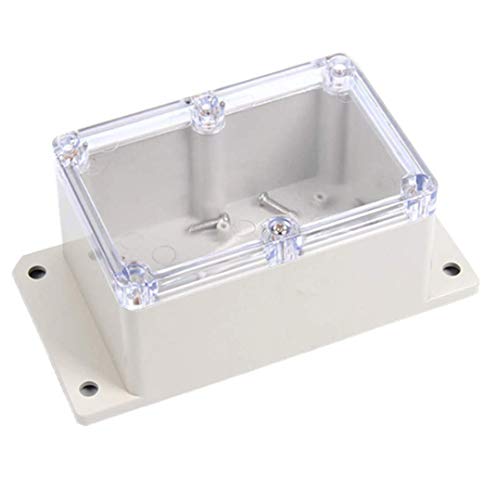Dave Edwards
Member
First off, I'm NOT an electrician!
I live & work in a coop which already has a hydro scheme. We generate around 10kW at best and we don't feed it into the grid. We use the power to heat water and supply isolated circuits.
We are looking into upscaling our hydro to generate 30kW. We know we can feed this directly into the grid to get FIT's but we want to make sure we make the right decisions about how we use this power.
I understand the average household demand is around 15kW. We probably do use a fair bit more than average, so most of the time 30kW might be OK.
Many of us feel that we'd like this power to be available to US when there are grid outages, which we OFTEN get in winter.
I've read some stuff about 'islanding' and 'intentional islanding' and I'd assume that in the last 10 to 20 years with the great increase in wind turbines and other renewable generation, that there must be a lot of advancement in what is possible now?
Is there any way we could have a set-up where we feed all our hydro output into the grid, but when there is a grid power outage, switch gear allows us to become and island supplying our own power until the grid comes back on line?
So far, I've heard this either isn't possible, or would be too difficult to achieve?
I'm happy to accept that, but does anyone know WHY it's so difficult?
I'm well aware there are many avenues, like energy storage and separate/duel circuitry. But my main question is if we feed into the grid and the grid goes offline, do we HAVE to go offline too, or can we supply ourselves until the grid returns.
I live & work in a coop which already has a hydro scheme. We generate around 10kW at best and we don't feed it into the grid. We use the power to heat water and supply isolated circuits.
We are looking into upscaling our hydro to generate 30kW. We know we can feed this directly into the grid to get FIT's but we want to make sure we make the right decisions about how we use this power.
I understand the average household demand is around 15kW. We probably do use a fair bit more than average, so most of the time 30kW might be OK.
Many of us feel that we'd like this power to be available to US when there are grid outages, which we OFTEN get in winter.
I've read some stuff about 'islanding' and 'intentional islanding' and I'd assume that in the last 10 to 20 years with the great increase in wind turbines and other renewable generation, that there must be a lot of advancement in what is possible now?
Is there any way we could have a set-up where we feed all our hydro output into the grid, but when there is a grid power outage, switch gear allows us to become and island supplying our own power until the grid comes back on line?
So far, I've heard this either isn't possible, or would be too difficult to achieve?
I'm happy to accept that, but does anyone know WHY it's so difficult?
I'm well aware there are many avenues, like energy storage and separate/duel circuitry. But my main question is if we feed into the grid and the grid goes offline, do we HAVE to go offline too, or can we supply ourselves until the grid returns.
































































